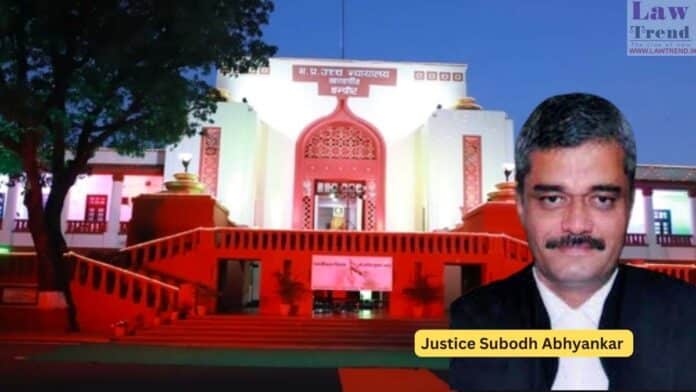In a landmark decision reinforcing procedural rigor in arbitration cases, the Madhya Pradesh High Court at Indore ruled that limitation objections cannot be raised under Section 34 of the Arbitration and Conciliation Act, 1996, if they were not initially presented before the arbitrator under Section 16. The court emphasized that any failure to raise such
To Read More Please Subscribe to VIP Membership for Unlimited Access to All the Articles, Download Available Copies of Judgments/Order, Acess to Central/State Bare Acts, Advertisement Free Content, Access to More than 4000 Legal Drafts( Readymade Editable Formats of Suits, Petitions, Writs, Legal Notices, Divorce Petitions, 138 Notices, Bail Applications etc.) in Hindi and English.




